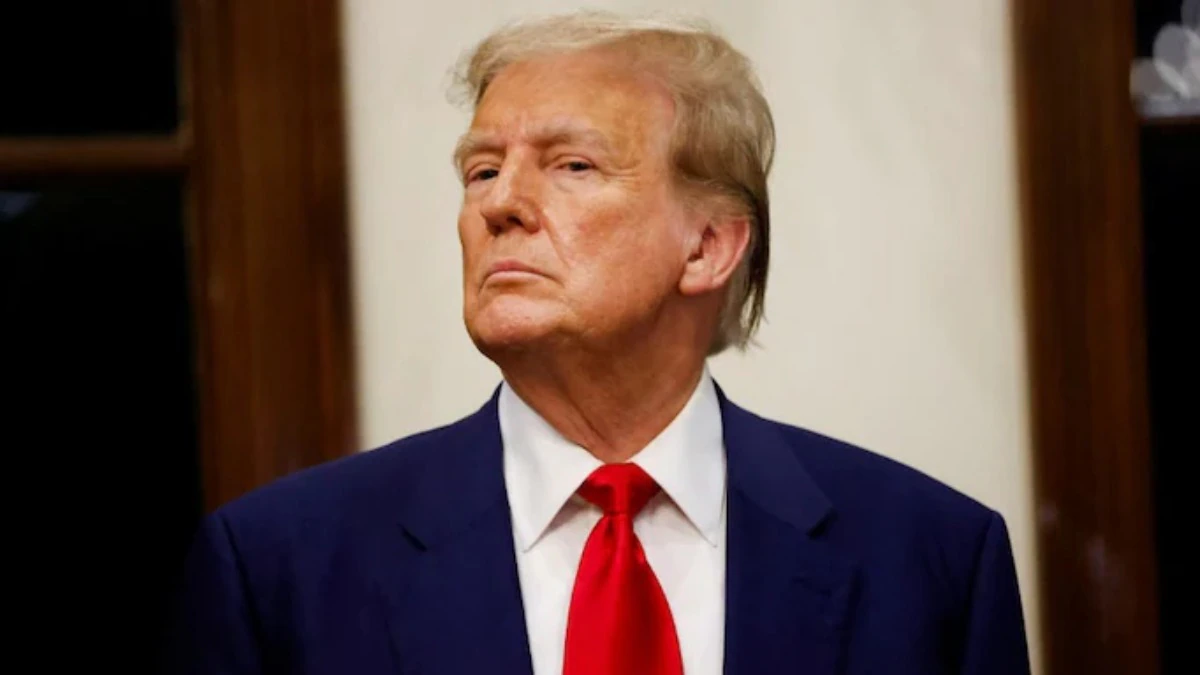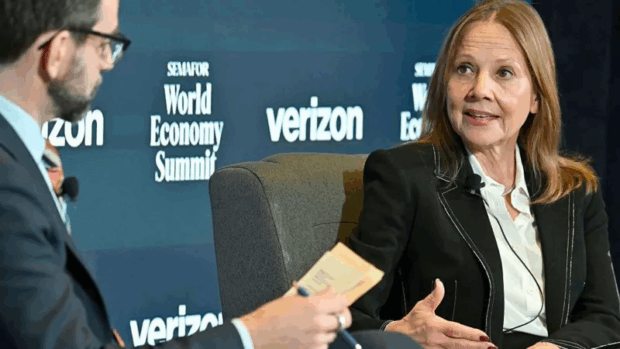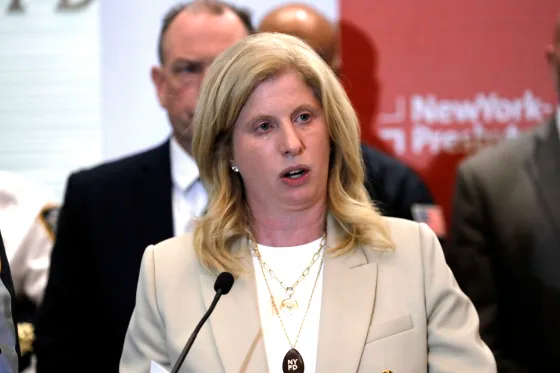
A federal judge has indicated that Trump administration officials could face criminal contempt charges for allegedly violating his order to halt deportations of Venezuelan migrants accused of gang membership.
U.S. District Judge James Boasberg in Washington found “probable cause” for criminal contempt charges, stating the administration showed “willful disregard” for his March 15 order that prohibited deporting alleged Venezuelan gang members to El Salvador under the 1798 Alien Enemies Act.
Attorneys and relatives of many deportees claim they aren’t gang members and were denied opportunities to challenge the government’s allegations.
The ruling represents the most significant judicial suggestion of potential punishment since President Trump returned to office on January 20, intensifying tensions between the judicial and executive branches.
“It’s a very strong rebuke to the administration and opens the door for further proceedings to determine who, in fact, disregarded the orders,” said Professor Jonathan Hafetz of Seton Hall University School of Law, calling it another step toward an “inevitable clash with the courts.”
White House Communications Director Steven Cheung announced on X that the administration would seek immediate appellate relief.
The Trump administration currently faces over 150 legal challenges to policies implemented during its first three months. Democrats and some legal analysts argue that officials are sometimes deliberately delaying compliance with unfavorable court rulings.
On Tuesday, a Maryland federal judge escalated an inquiry into whether the administration violated an order to return Kilmar Abrego Garcia, who was wrongfully deported to El Salvador, though she withheld contempt charges for now.
Trump previously called for Boasberg’s impeachment after he blocked the deportations, prompting Chief Justice John Roberts to issue a rare rebuke, stating that appeals, not impeachments, are the appropriate response to disagreements with court orders.
When Boasberg issued his March 15 order, two planes carrying Venezuelans were en route from the U.S. to El Salvador. After the order, the migrants were transferred to El Salvador’s government custody and are currently held in the country’s Terrorism Confinement Center.
In Wednesday’s ruling, Boasberg noted that Secretary of State Marco Rubio had retweeted a post from El Salvador’s President Nayib Bukele that included “Oopsie…Too late” regarding the blocked deportations. The judge wrote, “Boasts by Defendants intimated that they had defied the Court’s Order deliberately and gleefully.”
The administration maintains it didn’t violate Boasberg’s order, arguing the migrants were already beyond U.S. jurisdiction when the ruling was issued since the planes had left American airspace. They also contend Boasberg lacks the authority to order their return from overseas.
The case originates from Trump’s use of the Alien Enemies Act to expedite deportations of alleged Venezuelan gang members—a law historically used to intern and deport Japanese, German, and Italian immigrants during World War II.
Boasberg suggested the administration could avoid contempt by allowing deported migrants to challenge their removals in court, noting this wouldn’t require returning them to the United States.
On April 8, the Supreme Court paused Boasberg’s temporary order blocking deportations under the Alien Enemies Act but ruled that future deportees must have opportunities to challenge their removal. Boasberg emphasized that this Supreme Court decision doesn’t eliminate the government’s obligation to comply with his order while it was in effect.

















Be the first to leave a comment